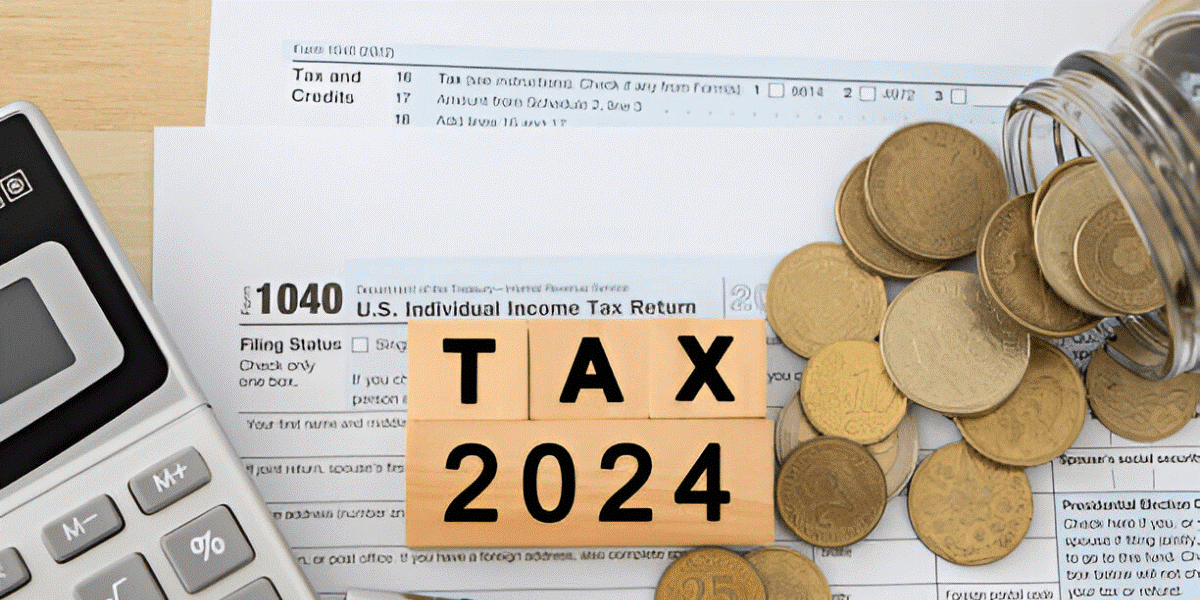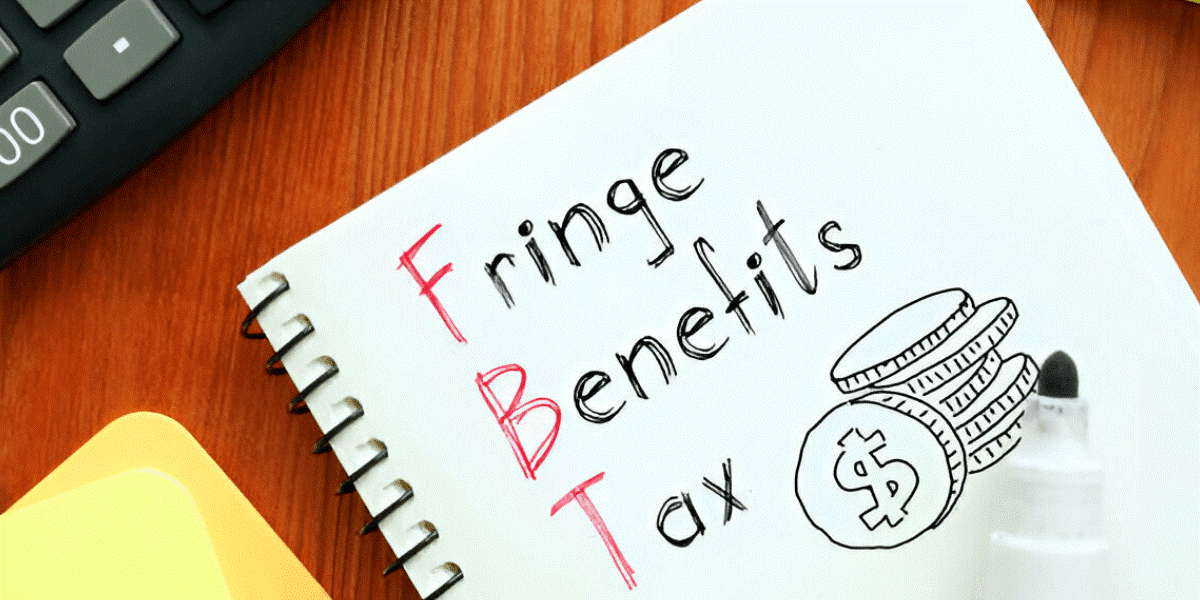How Can Rental Property Owners Prevent Common Tax Errors?
Figuring out tax obligations is often challenging for rental property owners. This complexity rings true for both experienced investors and newcomers in the rental market. It's essential to grasp and sidestep typical tax errors to maximise returns and maintain legal compliance.
We present a concise guide featuring the top 10 tips aimed at helping rental property owners avoid these common tax pitfalls. From understanding the nuances of claiming deductions for initial repairs and capital improvements to accurately reporting rental income and expenses, these tips provide a roadmap for effective tax management. They cover critical areas such as loan interest, borrowing expenses, and body corporate fees, along with the intricacies of co-owned properties and capital gains calculations.
This guide is designed to offer clarity, simplify tax processes, and ensure property owners can make the most out of their investments while adhering to tax regulations.
At a glance;
- Initial Repairs and Capital Improvements
- Claiming Interest on Your Loan
- Borrowing Expenses
- Purchase Costs
- Construction Costs
- Body Corporate Fees and Charges
- Co-owned Properties
- Private Use Deductions
- Record Keeping
- Capital Gains
1. Initial Repairs and Capital Improvements
It’s important to differentiate between initial repairs and capital improvements. Initial repairs, such as fixing a broken window or damaged floorboards present when you purchased the property, are not immediately deductible. Instead, these are typically claimed as capital works deductions over several years. Conversely, capital improvements like a major roof replacement or bathroom renovation are claimable at 2.5% per year for 40 years from completion.
2. Claiming Interest on Your Loan
Interest on loans for your rental property is deductible. However, this deduction is limited to the portion of the loan that relates to the rental property. If part of the loan is used for personal purposes, like buying a boat or a holiday, you cannot claim interest on that portion. Careful apportionment is required in such scenarios.
3. Borrowing Expenses
Borrowing expenses over $100 are spread over five years. Expenses $100 or less are fully deductible in the year they're incurred. These expenses include loan establishment fees, title search fees, and costs for preparing and filing mortgage documents, but not state or territory government stamp duty on the property title.
4. Purchase Costs
The costs of buying your property, such as conveyancing fees and stamp duty (except in ACT), are not deductible. These are typically factored in when calculating potential capital gains tax upon selling the property.
5. Construction Costs
You can claim certain building costs like extensions, alterations, and structural improvements as capital works deductions at 2.5% for 40 years from the construction completion date. If the property was previously owned, it’s advisable to get details of past claims to accurately calculate your deductions.
6. Body Corporate Fees and Charges
Payments to your body corporate administration fund are fully deductible in the year they’re incurred. However, funds allocated to major capital improvements or repairs are not immediately deductible but may qualify as capital works deductions once the work is complete.
7. Co-owned Properties
For co-owned rental properties, income and expenses must be declared according to legal ownership. This varies between joint tenants (equal split) and tenants in common (potentially different ownership interests).
8. Private Use Deductions
Deductions must be limited to periods directly connected to earning rental income. If the property is partially used for rental or rented only for part of the year, expenses should be apportioned accordingly. This includes scenarios where you rent to family or friends at below-market rates or keep the property vacant for periods.
9. Record Keeping
Record keeping is a fundamental aspect of managing a rental property, serving as the backbone for both tax compliance and financial management. Maintain thorough records of all rental property income and expenses. These records are vital for claiming deductions and are crucial for calculating capital gains tax if you sell the property.
10. Capital Gains
When selling your rental property, capital gains or losses are typically the difference between the property's cost base and the selling price. It's essential not to include amounts in your cost base that you have already claimed as deductions against rental income, such as a decline in value and capital works deductions post-13 May 1997.
Wrapping Up
Being aware of these top 10 tips is pivotal for rental property owners aiming to navigate the maze of tax regulations effectively. These guidelines serve as a beacon, illuminating the path to avoid common tax missteps, thus safeguarding owners from potential financial and legal repercussions.
Adherence to these tips not only ensures compliance with tax laws but also enhances the potential benefits of property investments. They encompass critical aspects such as accurate claims for repairs, proper apportionment of loan interest, and meticulous record-keeping, all of which are instrumental in optimising tax outcomes.
However, it's important to recognise that each property scenario is unique. Therefore, seeking personalised advice from a tax professional is highly recommended. A specialist's insight can provide tailored strategies that align with individual circumstances, offering peace of mind and maximising the efficacy of your investment decisions in the ever-evolving landscape of property taxation.
Partner With Tax App So You Never Have To Worry About Property Tax Again
As a property investor or developer, dealing with property tax and accounting can be a daunting task, but with Tax App's specialist property team, you're in expert hands. Our chartered accountants, boasting years of experience in both commercial and residential property sectors, cater to a wide range of clients, including entrepreneurs, individuals, trusts, and organisations, ensuring comprehensive and specialised support.
Tax App, one of the top accounting firms in Australia, not only simplifies property tax management with its easy-to-use interface but also offers affordable pricing for a plethora of services. These services extend beyond basic accounting and include structuring property deals, conducting audits, providing essential tax advice, managing fundraising, negotiating sale and leaseback agreements, and implementing tax mitigation strategies. Particularly adept in buy-to-let accounting, our team crafts solutions specifically tailored for landlords and investors, ensuring your financial endeavours are both profitable and compliant with current legislation.
Our commitment to staying up-to-date with new laws and market shifts guarantees that the services you receive are not only relevant but also innovative, giving you a competitive edge in the ever-evolving property market. The ease of access to our services is a significant advantage; whether you prefer the convenience of downloading our app or filling out our online enquiry form, our team is ready to assist you across Australia.
By partnering with Tax App, you're choosing a path of seamless property tax management supported by a team of experts who are dedicated to maximising your returns and minimising your fiscal worries. In a landscape where financial and legal complexities can often be overwhelming, Tax App stands out as a beacon of clarity and reliability, ensuring that your property tax obligations are handled with the utmost professionalism and strategic foresight.
Don’t let property tax complexities weigh you down. Partner with Tax App and experience the peace of mind that comes with expert guidance and strategic tax planning.
Disclaimer:
The content of these blog posts is intended to be of a general nature and should not be construed as tax or any other form of advice. We do not guarantee the accuracy or completeness of the information provided in these blog posts. It is imperative that you consult with a qualified professional, such as a certified accountant at Tax App, before taking any action based on the advice or information contained herein. Your specific financial and tax situation may require personalised guidance, and a professional consultation is recommended to ensure compliance with applicable laws and regulations.
Get Started with Us
Connect with Australia’s most innovative accountants today. Fill out our contact form, and let’s discuss how we can help you achieve your financial goals. Together, we’ll create a tailored action plan that maximises your tax savings.
Awards!
⭐⭐⭐⭐⭐






At Tax App, we offer Sydney Local, Online Accounting and Tax Services for individuals and small businesses in our community. Our technology and experienced team provide efficient and personalised solutions to streamline financial management. Trust us to be your partner in success.
Chartered Accountants
Liability limited by a scheme approved under Professional Standards Legislation
All Rights Reserved | Tax App Pty Ltd
Useful Links
Contact Us
Disclaimer: The content of this website is intended to be of a general nature and should not be construed as tax or any other form of advice. We do not guarantee the accuracy or completeness of the information provided in this website. It is imperative that you consult with a qualified professional, such as a certified accountant at Tax App, before taking any action based on the advice or information contained herein. Your specific financial and tax situation may require personalised guidance, and a professional consultation is recommended to ensure compliance with applicable laws and regulations.









